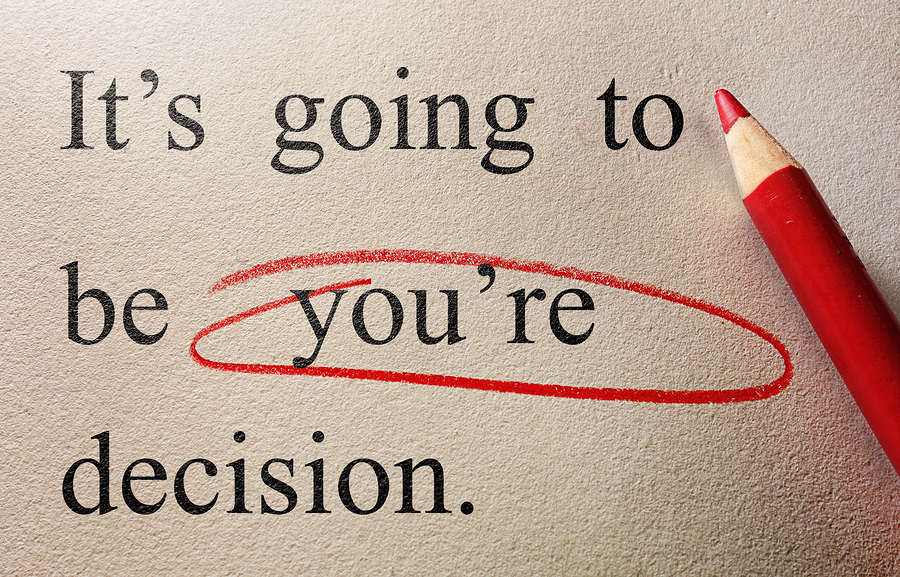Recently I was asked by an author (not a client) if I could spend “ten minutes” talking on the phone about a book before I see the submission.
I prefer to see the work first.
Some questions may enter the author’s mind in response to that. Here are my answers.
- What’s the matter, are you too “busy” or snobby to talk to authors? No, I am not. In fact, I believe most people find time to do what they believe is important. I do think authors are important, and I enjoy talking to authors. But a telephone query to an agent is risky for an author. The call is likely to interrupt an agent in the middle of other work, and she’s not mentally prepared to listen to a pitch. And that’s even if he answers the phone since he doesn’t know who’s calling.
Bottom line? Best not to telephone an agent until the two of you know one another.
- Are you saying you can’t find ten minutes in the day to talk to a new author? Rarely does the “ten minute” conversation take ten minutes. A half-hour to an hour might be more like it. If an agent listens to eight (or even 50) telephone pitches in a day, that is one fewer day the agent gets to spend serving her current clients.
Bottom line? You want your agent to serve you once you start working together. Showing an agent right away that you respect her time means she will also respect you and your time.
- But I’m great at pitching in person! I get it. In fact, I once represented a minor celebrity who wanted to fly here, there, and yonder to “take a meeting” with various editors. Finally, one editor said, “I don’t need a meeting. Write the book.” The celebrity didn’t want to pay the co-author to do the writing, so we parted ways. To this day, the book has not been published.
Bottom line? After the publisher, the reader is the person who’ll ultimately buy the book. The reader has no interest in the fabulous lunch you shared with an editor. You must sell your book through the quality of your book, not your presence. That’s why we want to see your proposal. Then we can have a conversation.
- So I shouldn’t bother talking to agents at a conference? Yes, you should pitch to agents and editors at conferences. Why? Because that is a great way for publishing professionals to meet authors and hear pitches. I love talking to writers at conferences. I am there, totally focused on hearing pitches and talking to authors at all levels about their careers. That’s a huge difference from taking a call from an author I don’t know during the normal business week. But again, no matter how charming you are during a meeting, the agent or editor decides based on the worth of your project. The conference meeting gives you an opportunity to meet many publishing professionals in a short amount of time, so you can form opinions about the best agent and publisher for you.
Bottom line? Prepare your best proposal and submit to agents. A great project presented in a professional manner has the best chance of garnering interest and ultimately being a success.
Your turn:
Do you agree with sending a proposal first, or do you prefer to query by phone? What works for you?
What is the best conference appointment you ever had?











